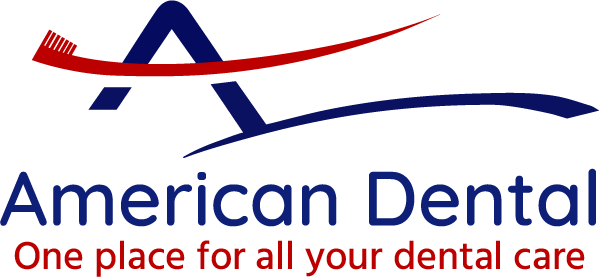Wearing a facemask is crucial to public health, but it can lead to annoyances like dry mouth and bad breath. The good news is that there are strategies that can reduce these side effects of wearing a mask. Even better, some of them are very simple remedies.
Understanding Mask Mouth
The issues associated with wearing a facemask for a long time, such as bad breath, are called mask mouth.
Potential Problems
In addition to bad breath, mask mouth can also cause a higher risk of inflamed gum tissue, receding gums, tooth decay, and cavities.
Why It Happens
Mask mouth occurs because of wearing the facemask. Essentially, your nose is covered by the mask, which makes us naturally breathe through our mouths. Breathing through the mouth is problematic as it can cause dry mouth.
When your mouth is dry, it becomes easier for bad bacteria to thrive, resulting in periodontal disease and cavities. That bacteria also causes bad breath.
Saliva also plays an important role in neutralizing acids in your mouth, helping it maintain a healthy pH level. This means that dry mouth lets the mouth’s acids worsen. Those acids can increase the risk of tooth decay, cavities, and gum disease.
To make this problem even worse, it is a lot harder to drink water while wearing a mask, and people are less likely to remove their mask to drink water, contributing to the dry mouth.
There is also the fact that spending more time at home results in poor eating habits for many. Lack of nutrition can affect oral health, and eating foods higher in sugar or highly-acidic drinks can encourage bacterial growth.
To add to all of that, the pandemic has decreased most people’s dental care, at least in terms of regular dental cleanings and checkups.
So, how do you prevent mask mouth, avoid dry mouth, and stop bad breath?
Drink Water
It should go without saying that drinking water helps prevent dry mouth. It also helps fight other elements of mask mouth by neutralizing the bacteria and acids that lead to gum issues and tooth decay.
Wash the Mask
One important step to reducing dry mouth, bad breath, and other oral health risks is to clean your facemask regularly (or dispose of disposable ones). When you rebreathe your expelled air, you may experience more bad bacteria building up. Additionally, oral bacteria can get embedded in your facemask. If you don’t wash it, you may inhale that bacteria.
Stay on Top of Oral Hygiene
Unsurprisingly, staying on top of your oral hygiene is another way to fight bad breath and dry mouth. Brush and floss two times each day. Dentists like Dr. Dhiraj Sharma typically suggest using an electric toothbrush for more effective cleaning. You may also want to choose toothpaste with fluoride, as this helps fight bad bacteria and protect your enamel.
Know What Drinks to Avoid
Paying attention to what you drink can also reduce mask mouth. Specifically, avoid sugary drinks and those that dehydrate your mouth, like coffee. You can still have some; just reduce your intake. After drinking your coffee, rinse out your mouth, as this will prevent the coffee sediments from lingering and worsening the dehydration.
Take a Mask Break Occasionally
When you can safely do so, remove your mask. This will help the bacteria in the mouth reset and give you a chance to drink water safely.

